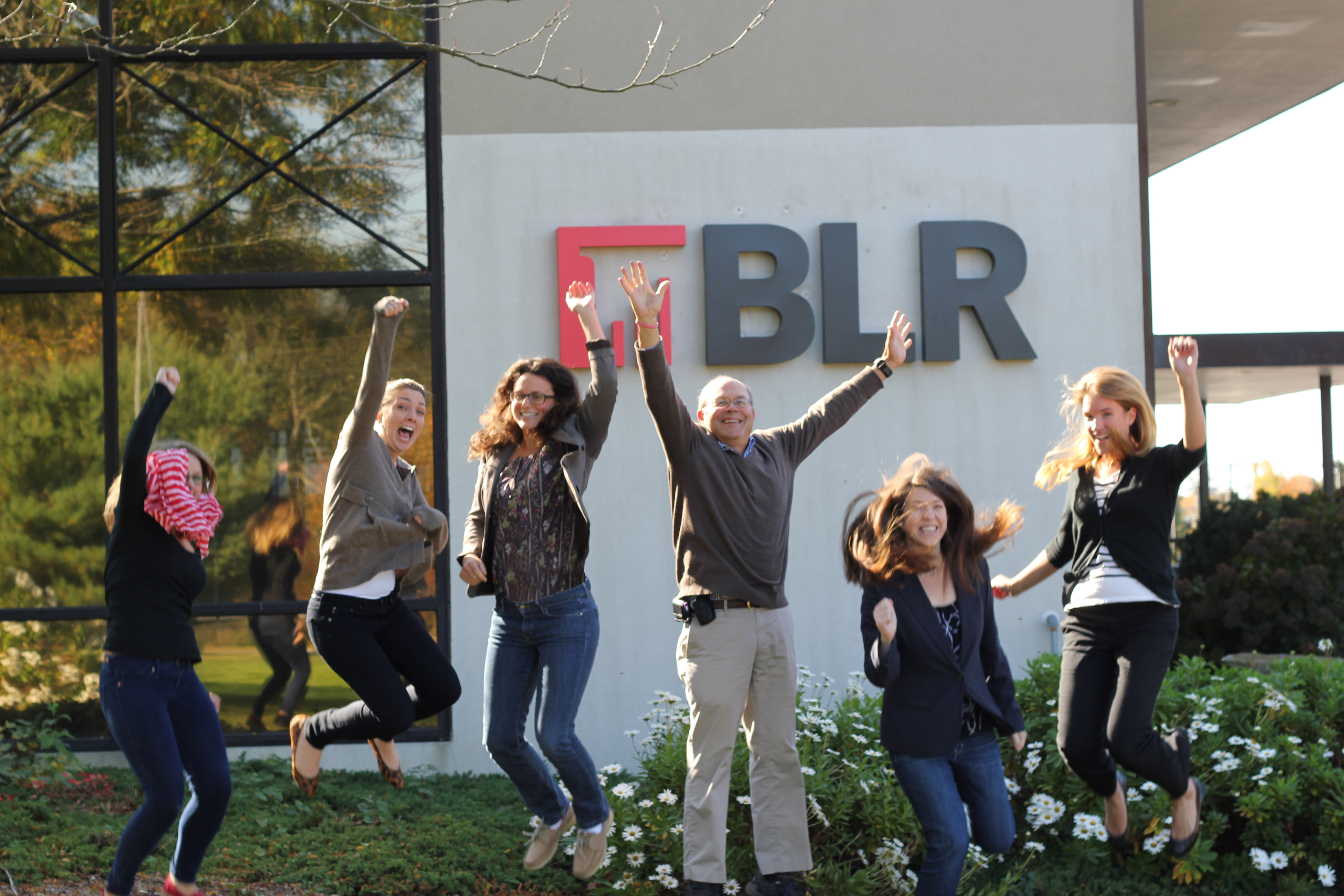The Enthusiastic Employee Debunks Generational Characteristics
And that’s not just my opinion. In their recently published second edition of The Enthusiastic Employee: How Companies Profit by Giving Workers What They Want (The Enthusiastic Employee), David Sirota and Douglas Klein debunk the popular generational differences theories.
 |
They say that descriptions of the various generations in the workplace “have been widely accepted as accurate, as was the depiction in the ’70s of young workers as ‘alienated.’ But, as was also the case in the ’70s, there is not a shred of systematically collected evidence that any of these depictions of generations are true.”
Generational depictions, the authors say, are based on anecdotes and a general confusion about age, tenure, and generation.
In fact, say the authors, Traditionalists and Boomers’ supposed resistance to change is more tied to tenure than generation. Why would they want to trade what has worked well for them over the years for something untried? Before too long, the Millennials will take their turn as the Traditionalists.
Compensation.BLR.com, now thoroughly reved with easier navigation and more complete compensation information, will tell you what’s being paid right in your state—or even metropolitan area—for hundreds of jobs. Try it at no cost and get a complimentary special report. Read more.
According to research, Sirota and Klein say, Boomers and Traditionalists tend to be a little more positive about their companies, but that’s not surprising since their dissatisfied colleagues have likely moved on.
In the chart below, the authors show research that indicates that initially, most employees (85 to 87 percent) indicate satisfaction; this dips to a low of 72 to 76 percent by year six, but then over the next 10 years, it starts to come back up.

The Three-Factor Theory
The authors of The Enthusiastic Employee suggest that employees—of any generation—look for three things at work:
- Equity
- Achievement
- Camaraderie
Equity means being treated justly in relation to the basic conditions of employment.
Equity can be physiological (a safe, comfortable work environment that does not damage physical or mental health) or economic (having a reasonable degree of job security, satisfactory compensation, and benefits) or psychological (being treated respectfully, enjoying reasonable accommodation for personal and family needs, having credible management, and getting a fair hearing of complaints).
Achievement is taking pride in one’s accomplishments, doing things that matter and doing them well, receiving recognition, and taking pride in the organization’s accomplishments.
Camaraderie is having warm, interesting, and cooperative relationships with others in the workplace.
I ♥ My Millennials; How About You?
How about you, reader? Do you find generational differences? Do different generations look for different things from their work, or are they all after equity, achievement, and camaraderie?
 |
Email Steve Bruce

Sorry, but I have to disagree. In the real world there are definite differences between age gropups as far as what they are seeking in a job/career, how to motivate them and their expectations. I don’t care what the study shows, from my hands-on experience there is definitely a huge difference. Everyone may be looking for three things at work (according to the author) but they all have different expectations of those things and from my experience it is based on their age.
I love this…I have long told my students that there is more difference within groups than between groups.
I don’t understand why it is appropriate to stereotype employees into groups based on their age/generation. We would never think of stating unequivocally, “All women want X,” or “All Asians are Y.”
With due respect to Ken’s position, what is the N, and how does organizational culture(s) relate to the experience?
I’m one of the co-authors of the book and I’d like to enter a comment, especially for Ken. Our basic problem is with those who tell us that there are large personality differences every couple of decades or so, i.e., between generations. There is absolutely no systematic (vs. anecdotal) evidence for this! As described in detail in our book, a lot of it is simply prejudice: by the old against the young (“they’re out of control,” “they’re not loyal as we were,”) and the young against the old (“they’re stuck in the mud”). This has been going on for millennia. (We quote Socrates in our book and his prejudice against the young). Obviously, there are age differences, such as the much greater importance of retirement security for older workers and the much greater comfort with new technology of younger workers. But these have nothing to do with those personality differences that proponents of generational differences talk about. The great majority of people in all generations want the same basic things, which we summarize in our Three Factor Theory. Ask yourself, for example: do not the great majority of people want to be treated respectfully? Do they not want a fair wage? Do they not want good and productive relationships with their co-workers? Do they not get frustrated with obstacles to getting their jobs done? The research –the systematic research — is very clear on this: there is enormous similarity. As with views of races and genders, good management demands that we put aside our prejudices and begin seeing people as people.